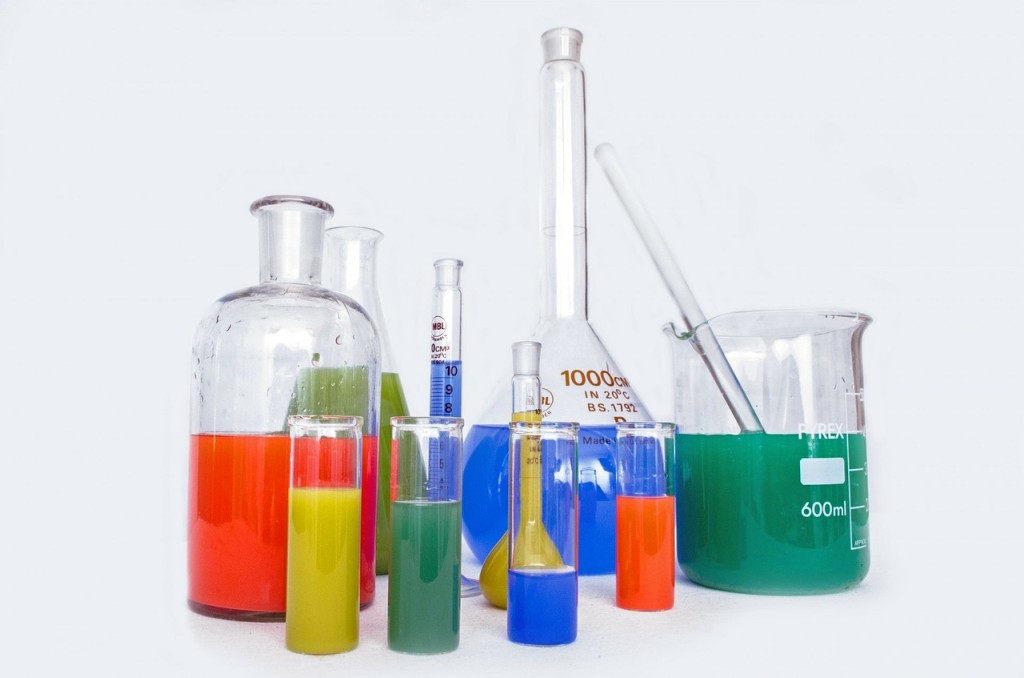“When we give ourselves permission to fail, we, at the same time, give ourselves permission to excel.” – Eloise Ristad
In an earlier career, I was a scientist – a bona fide, white-lab-coat-wearing, centerfuge-spinning, fume-hood-using, lab geek.
As an undergraduate, while I originally thought I’d become an outdoor educator, a charismatic professor at my college took me under her wing, and soon had me working in her immunology lab.
I felt lucky to have amazing mentor who believed in me, and encouraged me to think about following in her footsteps to get a PhD.
And as much as I was grateful for the experiences, encouragement and mentorship she readily offered, I quickly figured out that the world of bench research and academia wasn’t the right place for me.
Stepping away from an obvious and well-laid-out path wasn’t the easiest step to take.
But going in a different and more applied direction was more aligned with what was important to me.
But it was only through experimentation – that is to say, trying it out – that I figured out what I really wanted.
What you can learn from experimenting
How we do much of our learning from the time we are quite small is through experimentation: trying stuff out.
Babies don’t sit around and hope that they’ll just figure out walking through thinking about it: they try it. And fall a lot.
They also observe, get help, and eventually master the fine art of walking.
The same is true for you: thinking about change will rarely produce it. It’s through trial, error, practice and help that we succeed.
Practice, practice, practice
If experimenting feels uncomfortable at first, it’s because you are doing something new. Change means making new neural pathways in your brain.
Try this:
- Cross your arms. Note which arm is on top.
- Now cross them the other way – put the other arm on top.
What do you notice?
It’s probably less comfortable the way you have practiced less.
It’s the same with anything you are learning – managing, leading, presenting, training: it will likely feel less comfortable the less time you’ve spent focused on developing that skill.
And while we are more likely to get the best from ourselves and others when we focus on our strengths and natural talents (the stuff that’s easy for us), for most people, there’s a necessary investment of time and effort (that is, practice) to turn raw materials into actual assets.
Failure and resilience is an essential part of experimentation
If you embrace experimentation as a legitimate way of learning, be prepared for some failure.
Yup, failure.
Being willing to fail means developing resilience: Edison reportedly failed 10,000 times in creating the light bulb.
It becomes less important in experimentation that you fail, than that you recover from it and continue to learn.
While most of my lab experiments as part of my senior undergraduate project completely tanked, my thesis still received highest honors because I was able to describe why my hypothesis failed and what I learned from it.
Because in failing and learning, we grow.
Your turn
In the Comments below, I want to hear from you.
- What helps you take an experimental approach to your work or life?
- What’s happened when you’ve experimented?
P.S. Pass it on
Loved this post? Then use the icons below to tweet it, share it on Facebook and send it to specific friends via email.
And leave your email at the top or bottom of this page to be first to hear about more articles like this.


 Before specializing as a professional coach in 2004, I spent more than a decade in leadership, management and program development for state and local government and non-profit organizations. Now I get to help leaders and teams have more clarity and ability to stand up for what's important in their work and in their organizations. Working with me, leaders and teams find more meaning and purpose, feel happier and more confident, navigate change and conflict, and work together better.
Before specializing as a professional coach in 2004, I spent more than a decade in leadership, management and program development for state and local government and non-profit organizations. Now I get to help leaders and teams have more clarity and ability to stand up for what's important in their work and in their organizations. Working with me, leaders and teams find more meaning and purpose, feel happier and more confident, navigate change and conflict, and work together better.
Leave a Reply